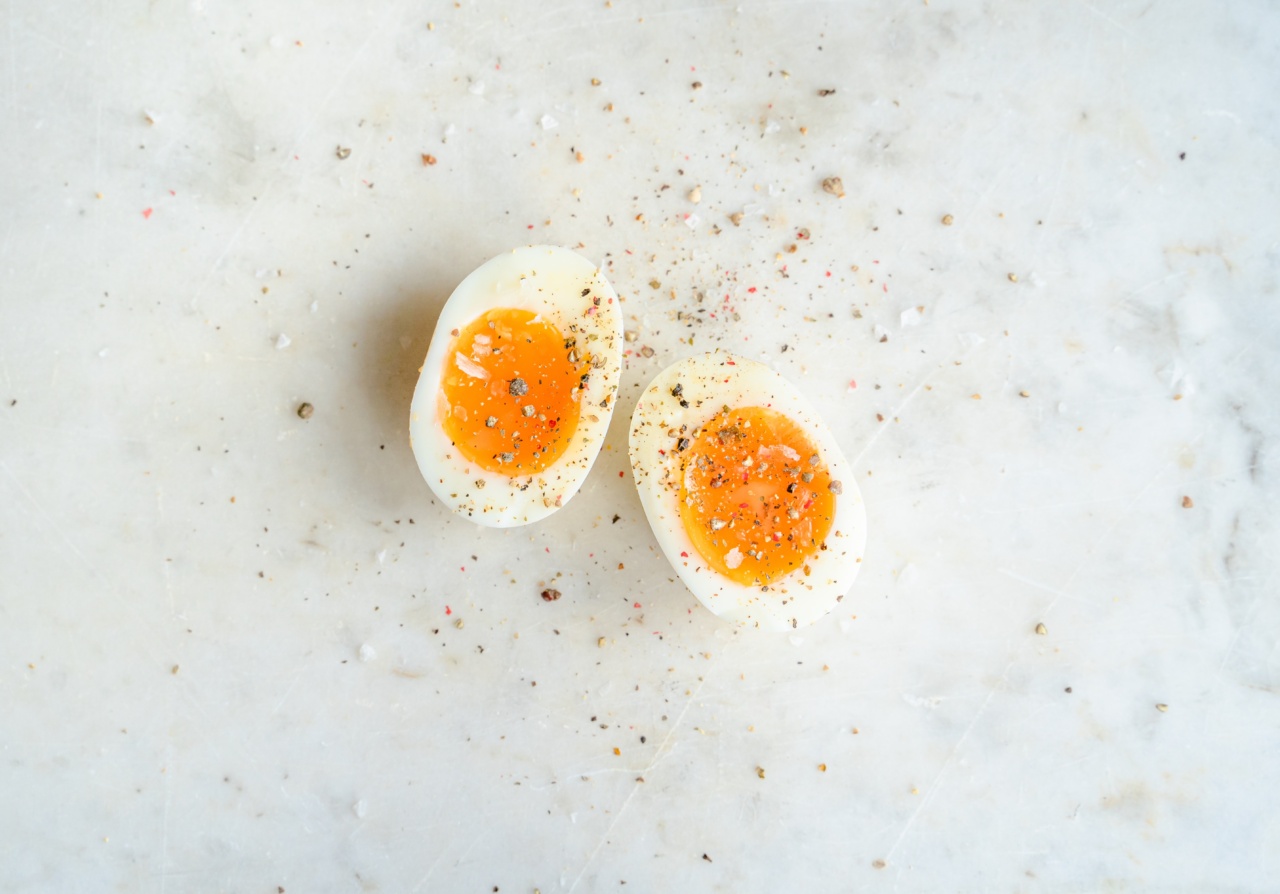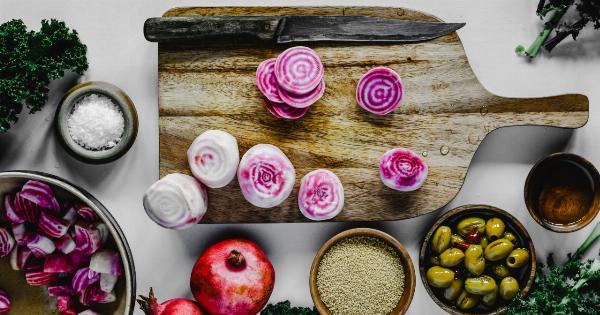Salt, also known as sodium chloride, is a natural mineral that is essential for human life. It helps regulate blood pressure, fluid balance, and nerve function. However, consuming too much salt can have negative consequences on your health.
Here are five telltale signs that you’re eating too much salt:.
1. High Blood Pressure
One of the most common signs of consuming too much salt is high blood pressure. Salt attracts water, and when there is too much sodium in the bloodstream, it can cause an imbalance of fluids in the body.
This can lead to an increase in blood volume, which puts pressure on the arterial walls. If left untreated, high blood pressure can lead to serious health issues such as heart disease, stroke, and kidney disease.
2. Bloating and Water Retention
Another sign of consuming too much salt is bloating and water retention. Salt attracts and holds onto water, which can cause your body to retain more fluid than it needs.
This can result in swelling in the feet, ankles, and hands, as well as a feeling of bloating or puffiness throughout the body.
3. Increased Thirst
Consuming too much salt can also lead to increased thirst. When you consume high levels of salt, your body tries to dilute it by pulling in water from other parts of the body. This can make you feel dehydrated, causing you to drink more water.
However, drinking more water can further increase your blood volume and exacerbate the problem.
4. Kidney Problems
Consuming too much salt can also put a strain on your kidneys. The kidneys are responsible for removing excess sodium from the body, but when you consume too much salt, it can overload the kidneys’ ability to remove it.
This can cause damage to the kidneys over time, leading to kidney disease.
5. Headaches
Consuming too much salt can also trigger headaches in some people. High levels of sodium can cause blood vessels to constrict, which can reduce blood flow to the brain and trigger headaches.
This is more common in people who are sensitive to salt or have a history of migraines.
Conclusion
In conclusion, consuming too much salt can have negative consequences on your health. If you’re experiencing any of these telltale signs, it may be time to review your diet and reduce your salt intake.





























